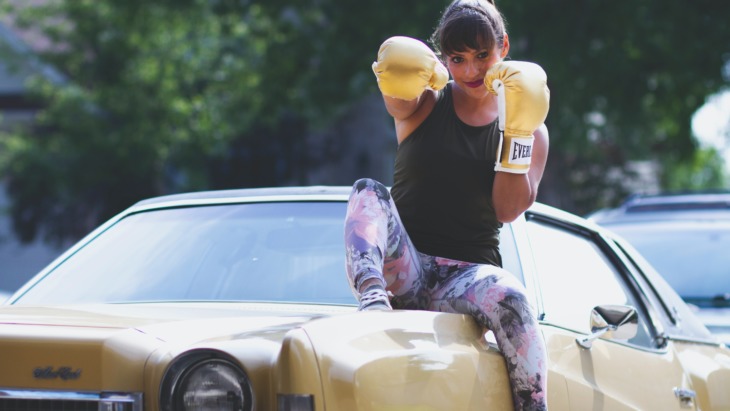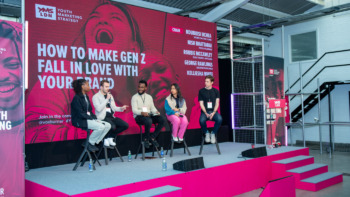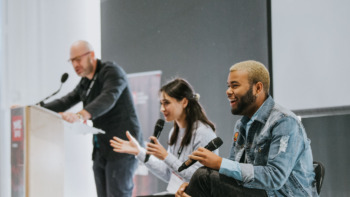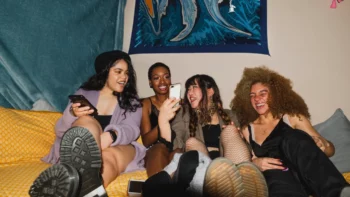Gen Zs are right at the heart of breaking down gender binaries and stereotypes – which is why this International Women’s Day, we should look to them.
Marked annually on 8 March, International Women’s Day (IWD) is observed across the globe and celebrates the social, economic, cultural, and political achievements of women. This dedicated day-long celebration aims to increase awareness on existing issues surrounding women’s equality and raise money for female-focused charities, including Equality Now, the World Association of Girl Guides & Girl Scouts, and Dress for Success.
#BreakTheBias
International Women’s Day has come on leaps and bounds since it first rose to prominence a century ago; now targeting a global audience with impactful campaign activity designed to change outdated attitudes and behaviour towards women.
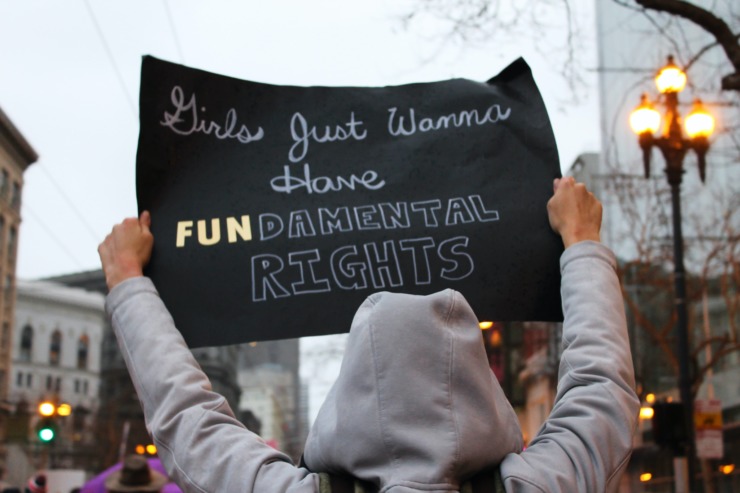
This year’s theme, #BreakTheBias, is about calling out gender bias and inequality and choosing to celebrate women’s achievements. This theme happens to resonate directly with Gen Z, a demographic that is not afraid to stand up for causes they believe in and make their voices heard. 77% of US students alone have taken some form of action for a cause they believe in.
Gen Zs are keen to highlight intersectionality across every cause they engage within. Indeed, more young people are viewing feminism through an intersectional lens, understanding that women undergo differing levels of oppression in accordance with other factors like their sexuality, race, class, and religion. Students aged 16-24 are ultimately realising their role when it comes to educating their elders and shaping their own future, and have come out in full force to demonstrate their values on these issues.
Modern-day feminism
The vast majority of the Gen Z demographic understands how gender inequality has come to be a modern issue, whereas Millenials are less likely to call themselves feminists. But why is this the case?
The rich content and vast scale of online platforms that Gen Zs are native to means they’re hyper-aware of the work that still needs to be done to combat gender inequality internationally. For them, International Women’s Day is not just a celebration – it’s an annual call to action.
They have been exposed to heightened awareness being made across music, film, and other entertainment platforms that regularly slot into their daily lives. Lizzo’s single ‘Like a Girl’ is a prime example of feminism making waves in mainstream music, and blockbusters like Suffragette and Little Women shed light on historical events that we acknowledge on IWD each year. Instagram, too, has become a hub for body positivity in recent years, a topic that often seeks to break down female stereotypes. Being well connected with the online community means Gen Z have been at the forefront of campaign activity for much of their adolescence. The mere usage of a hashtag in #ChooseToChallenge instantly speaks to their technical vocabulary.
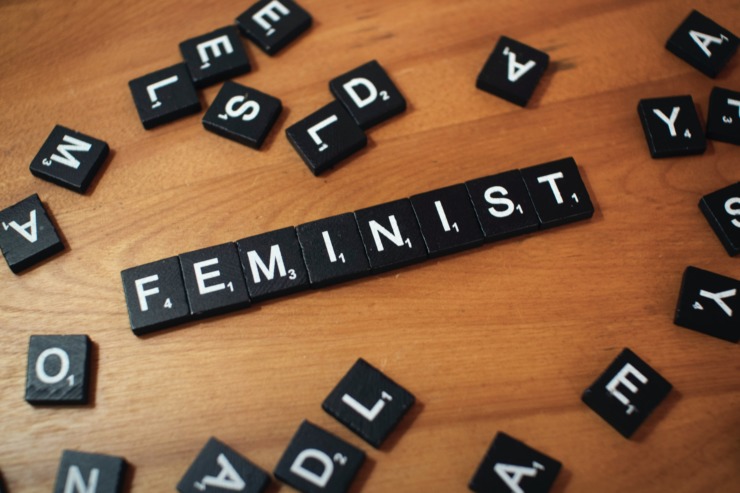
But despite Gen Z’s progressive views on gender inequality, there is still a long way to go in educating the wider population and making concrete changes within workplace environments. A Student Beans survey revealed that the majority of female students living in the UK still worry about their career prospects in relation to their gender – 74% said they expect not to be paid as well as a male peer in male-dominated industries. Meanwhile, 71% felt there wouldn’t be equal opportunities for career progression, and 66% worried about being respected by male colleagues.
The good news? Over the last two years, more encouraging milestones have been made that should hopefully see these numbers fall as more students enter the workplace. Gen Zs have witnessed women making history and standing up for causes they believe in. Kamala Harris became the first female Vice-President of the United States; Greta Thunberg, a Gen Z herself, continues to inspire the world about climate change; all paving the way for modern feminists and a society that values women.
Numbers too big to ignore
Did you know that 70% of 18-24-year-olds in the US said that women’s rights impacted how they voted in the 2020 presidential election? This tells us that students value gender equality in the same way they do climate change, which came out at 72%. Building a buzz around events like International Women’s Day is likely to increase your brand loyalty and connection with the student demographic – it’s a no-brainer for brands.
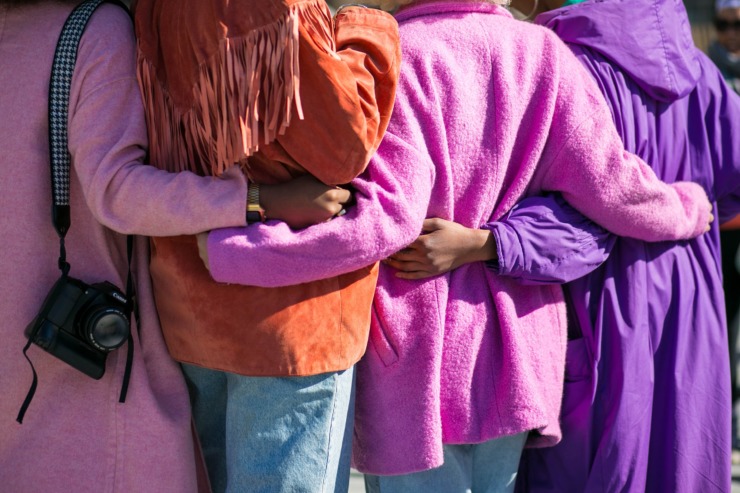
Our suggestions? Get creative with your campaign and raise awareness with your messaging – but use IWD as a time to reflect on what still needs to be done within your organisation. Take steps to ensure your own internal policies around pay and promotion are equal across the entire workforce – show older Gen Zs starting their careers that change is happening in the real world.
Furthermore, promoting year-round support for issues like gender inequality will go a long way with Gen Zs, who respect and value authenticity. Do your bit to celebrate inspirational women and keep the conversation going.
We’d love to hear from you! Get in touch today to find out more about how your brand can get involved with the student demographic.


